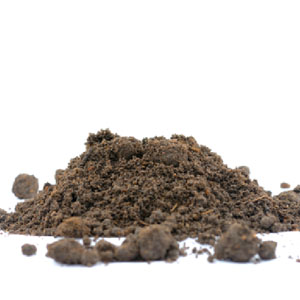How Soil Composition Can Affect Proneness to Foundation Failure

Soil: More Important than Foundation
Though the foundation is an important part of your home’s structure, the soil beneath it is perhaps even more important. Different kinds of soil have different properties and tend to shift, crumble, or expand differently in varying weather conditions. By knowing which kind of soil you have around your home, you can better protect against common foundation problems. Here’s a quick look at how soil composition affects the likelihood that you’ll need foundation repairs:
- Clay. Clay soil tends to expand when saturated with water and contract when dry. Under the hot Texas sun, clay soil is highly prone to becoming too dry, rather than too wet. The clay soil in this region tends to contract during the summer and can change the position of a home’s foundation as a result.
- Rock. Like clay soils, rock soils tend to expand and contract as the weather changes. In addition, homes built on slopes can experience significant sliding if the underlying soil has a high density of shale. In this situation, a foundation expert might recommend extensive bracing for extra safety.
- Sand. Sand-based soils will not expand or contract when faced with wet or dry conditions. However, improper drainage could lead to significant erosion. If the drainage around your home allows water to pass around and beneath your foundation, the resulting erosion could cause your foundation to shift. As your foundation shifts, your walls may crack and your doors may become difficult to open and close.
- Loam. In general, the soil is not composed of all sand or all clay—it’s usually a mixture of both. Loam is a special mix of sand, silt, and clay that changes very little when faced with varying moisture conditions.
If you’d like to learn more about your DFW home’s soil type and how it affects your foundation, contact Structured Foundation Repairs, Inc. in Ft. Worth. Our experts will gladly perform a thorough evaluation of your property’s soil and foundation, and can make recommendations on how to best prevent foundation damage. Call us today at 972-484-1200 if you have any questions.
